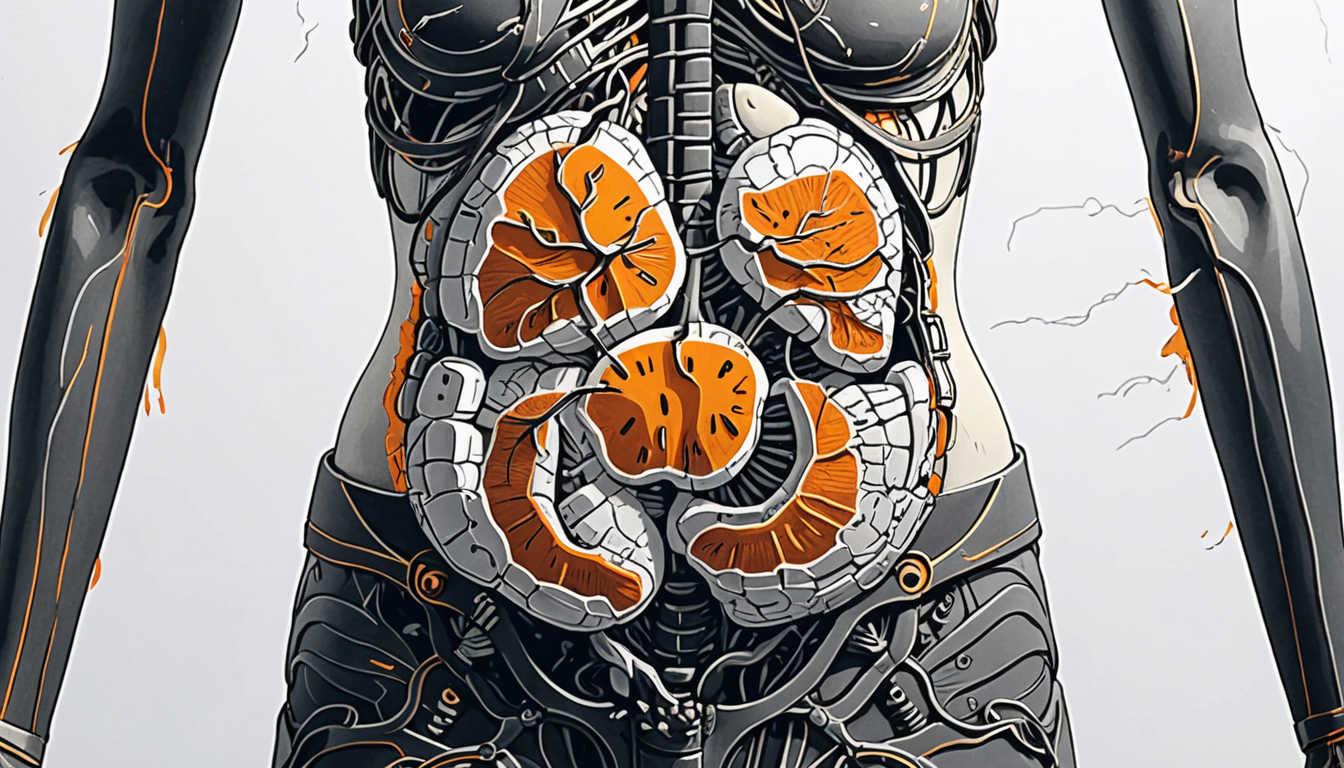HIV Research: The Unexpected Medical Revolution
December 2024
Harvard Gazette
Introduction
Hey there, future scientists! Did you know HIV research has transformed modern medicine in ways you might not expect? This article from the Harvard Gazette dives into how breakthroughs in understanding HIV have paved the way for advancements against other diseases, including COVID-19! From revolutionary treatments like antiretroviral therapy to exciting vaccine developments, it's a story of resilience and hope. So, grab your lab coats (or just a comfy chair) and jump into this fascinating read!
READ FULL ARTICLEWhy It Matters
Discover how this topic shapes your world and future
Unraveling the Impact of HIV Research on Global Health
Understanding HIV and the research surrounding it is essential because it not only addresses a critical public health issue but also unlocks broader insights into our immune system and disease prevention strategies. Since the identification of HIV in the early 1980s, it has transitioned from a terrifying death sentence to a manageable chronic condition, thanks to extensive research and advancements in medical treatments. The implications of this research extend beyond HIV itself, influencing the fight against other diseases such as COVID-19 and various cancers. The fascinating aspect of this topic lies in how the quest for an HIV vaccine has paved the way for new scientific methods and technologies that benefit global health. By diving into the world of HIV research, you can gain a deeper appreciation for the resilience of the human immune system, the importance of ongoing scientific inquiry, and how individuals can contribute to solving global health challenges.
Speak like a Scholar
Immunodeficiency
A condition where the immune system's ability to fight infections is weakened. HIV causes immunodeficiency by attacking immune cells critical for defense.
Retrovirus
A type of virus that inserts its genetic material into the DNA of host cells. HIV is classified as a retrovirus because it converts its RNA into DNA when it infects a cell.
Antiretroviral Therapy (ART)
A treatment regimen for HIV that involves a combination of medications to control the virus and prevent its replication.
Latent Reservoir
An area within the body where HIV can hide in a dormant state within immune cells, remaining undetected by the immune system for long periods.
Neutralizing Antibodies
Specialized proteins produced by the immune system that can bind to viruses like HIV, preventing them from infecting cells.
Vaccine Efficacy
The ability of a vaccine to provide protection against a disease, usually expressed as a percentage of how effective it is at preventing infection.
Independent Research Ideas
The Role of Elite Controllers in HIV Research
Investigate how individuals who naturally suppress HIV without medication can inform new treatment strategies. Understanding this phenomenon could lead to breakthroughs in vaccine development.
Comparative Analysis of Retroviruses
Explore the similarities and differences between HIV and other retroviruses, such as those that cause certain cancers or other diseases, to identify common strategies for treatment and prevention.
Impact of Antiretroviral Therapy on Long-Term Health
Examine how long-term use of ART affects the overall health and quality of life for people living with HIV, focusing on potential complications like cardiovascular disease.
Lessons Learned from HIV Research Applied to COVID-19
Analyze how advancements made in HIV research influenced the rapid development of COVID-19 vaccines and treatment protocols, highlighting the interdisciplinary nature of modern medicine.
The Future of Gene Therapy in Viral Infections
Investigate how insights gained from HIV research are shaping the future of gene therapy, specifically in terms of using lentiviruses for therapeutic purposes in other diseases.
Related Articles

Brain Wiring: The Hidden Link to Depression
September 2024
Cornell News Highlights

Conquering Chronic Inflammation: Your Health Guide
June 2024
Cornell News Highlights

Timing Matters: The Science of Drug Efficacy
June 2024
MIT Technology Review

Estrogen and Binge Drinking: What’s the Link?
January 2025
Cornell News Highlights

Smoke Signals: Unraveling Parkinson's Mystery
August 2024
Harvard Gazette